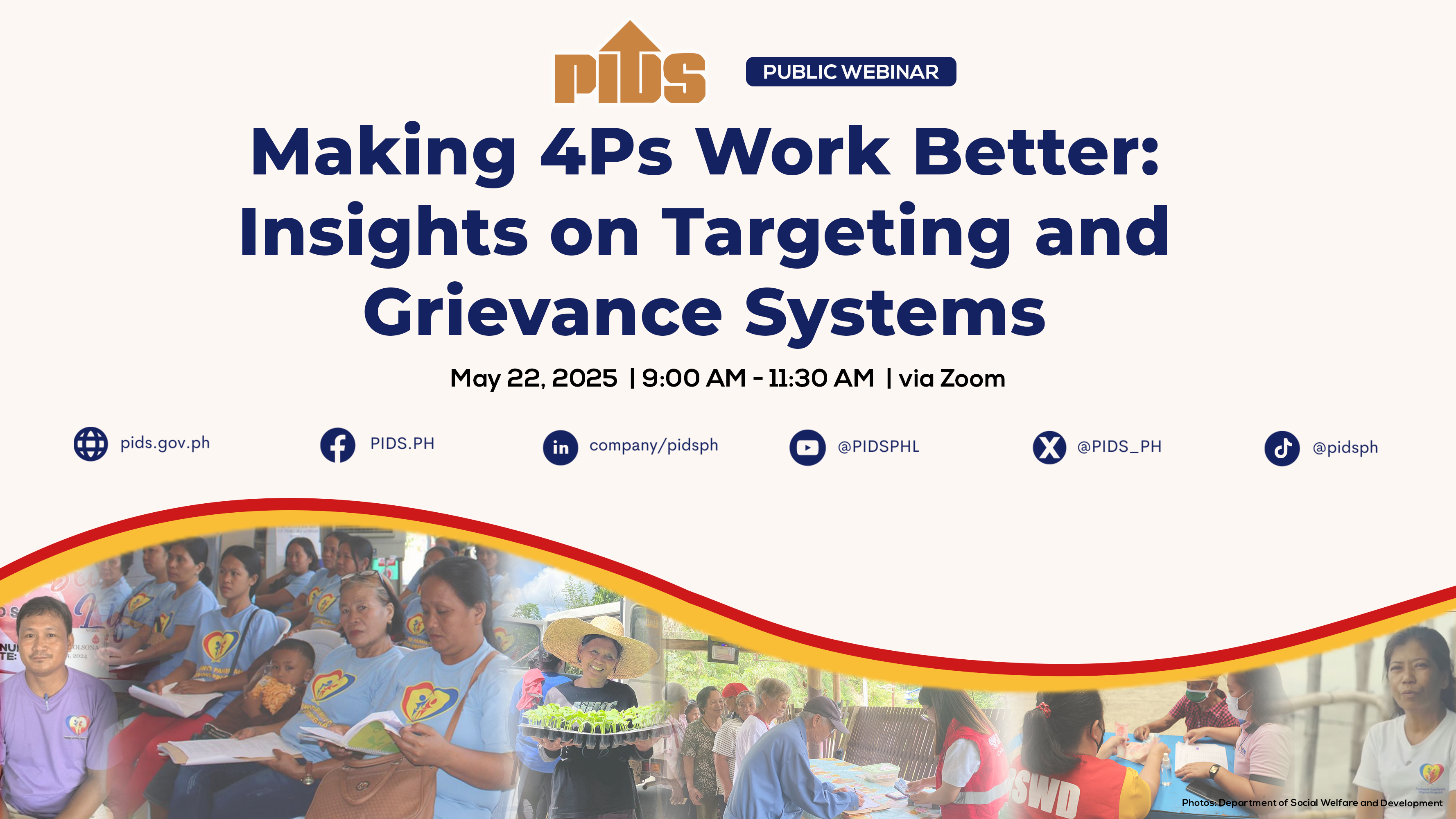The Philippines needs to improve the quality of its education which is necessary to make its graduates and workers competitive with their counterparts in the Asean and take advantage of the significant economic advantages of increased cross-border movement of skilled labor in the region.
A study published by the Philippine Institute for Development Studies (PIDS) underscored the benefits of implementing the mutual recognition arrangements (MRAs) to facilitate freer flow of professional workers among the Asean member states (AMS).
It said the MRAs for professional workers can enhance the exchange of skills and expertise within the region in support of the Asean Economic Community’s (AEC) targets of achieving a single market and production base in the region.
Increased cross-border movement of skilled labor has significant economic advantages both for sending and receiving countries, including alleviating unemployment and underemployment, increased remittances, technology transfer and business and professional linkages.
Citing an earlier study, the PIDS said the AEC is projected to generate 14 million additional jobs between 2015 and 2025.
"The MRAs will be a boon for the more advanced countries but a bane for the less advanced like the Philippines unless they address their weak spots aggressively and consistently,” the PIDS said in its reports sent to select organizations, including this newspaper.
The Philippine government sees the K to 12 educational reform as an important step to harmonize the country’s educational system with that of the AMS and other countries.
MRAs enable the qualifications of professionals from one country to be mutually recognized by other signatory countries. They promote mutual agreement on standards, licensing and certification of professional workers among AMS.
Currently, MRAs are in place for eight professional categories: engineering services, nursing services, architecture services, land surveying, medical practice, dental practice, accountancy and tourism.
However, these are in varying levels of implementation due to the different competencies among the AMS.
"Harmonizing labor regulations in the region is crucial, as well as proper implementation of quality assurance frameworks and accreditation mechanisms,” the PIDS added.
It also stressed the need to expand MRAs in due time to cover unskilled and low-skilled labor.
"This can pave the way for the proper management of unskilled labor movements that requires serious attention. If Asean leaders really want the AEC to result in inclusive growth, no one should be left behind. Everyone-skilled or unskilled, high or low skilled-should benefit from the Asean integration,” the study added.//












